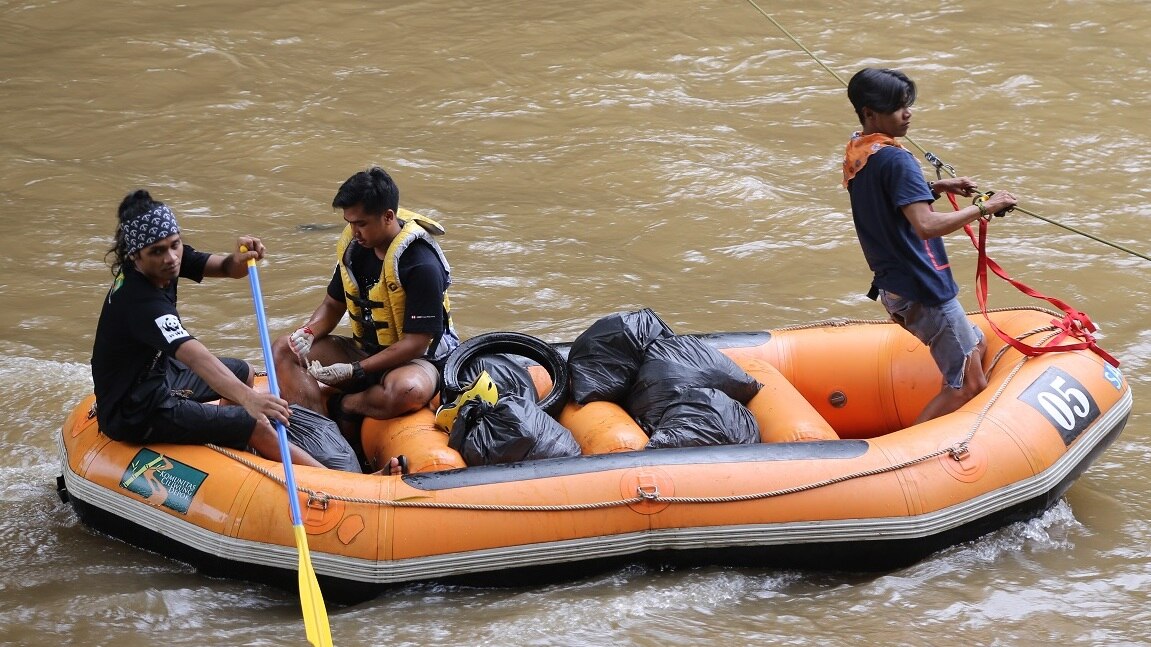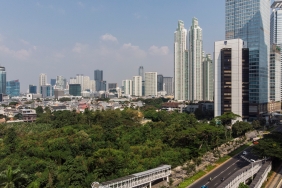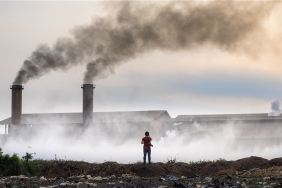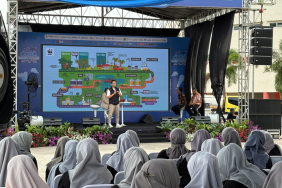LOOKING AT THE FATE OF INDONESIAN RIVERS ON WORLD RIVER DAY
According to Barbara J. Downes in her book entitled Monitoring Ecological Impacts: Concepts and Practice in Flowing Waters, a river is an ecosystem formed from natural freshwater flows that flow from upstream to downstream. Rivers are actually ecosystems that play an important role in the survival of many living things on Earth, including humans. Apart from being a source of water and a habitat for many freshwater biota, rivers also play a role in the growth and development of our society and culture.
From the past until today, rivers are still widely used as a transportation route, a source of sustainable energy, a source of food, a place for cultivation, a place for recreation, and a place that provides livelihoods for the people around the river. Unfortunately, rivers are still underestimated by society. Rivers are considered as a "backyard", a place to dispose of garbage and instant waste that makes many rivers polluted, many upstream rivers are not maintained so that it causes damage to the ecosystem that is the source of our lives.
In order to interpret World River Day 2020, on September 27, 2020, the WWF Indonesia Foundation supported one of the river-watching communities named Hakikat Ciliwung in organizing a series of activities entitled "From Indonesia to the World". The condition of the Covid-19 pandemic did not dampen the spirit of Hakikat Ciliwung in its efforts to invite people to return to the river through online actions and campaigns.
The activities in this event were held in one of the iconic rivers in Indonesia, the Ciliwung River, which flows from Mount Pangrango through the cities of Bogor, Depok, Jakarta, and finally empties into the Jakarta Bay. On September 24, 26, and 27, 2020, the world community-especially Indonesians-are invited to see how the Ciliwung River flows in live streaming through the Instagram account @suparnojumar who is the co-founder of Hakikat Ciliwung. This method was chosen because it is considered the most effective for reaching the public to increase public awareness of the importance of preserving river ecosystems in the midst of this pandemic situation.
"Ciliwung River, one of the important rivers for Jakarta. The problems in Ciliwung are quite complicated, such as violations of regulations with the establishment of buildings above the river boundary line, dumping fecal drains directly into the river, businesses that dispose of waste and garbage into the river to sub-watersheds," Suparno explained.
Not only spreading the message of river conservation through social media, Hakikat Ciliwung also held a webinar themed "The River and All Its Problems" on September 25, 2020. The webinar featured several speakers, including Broer Nicko (Jagakali Cirebon), Suparno Jumar (Hakikat Ciliwung), Bjonar Hotvedt (Norwegian Embassy to Indonesia), and was moderated by Priadi Wibisono. As the theme suggests, in this online talk the speakers explained various challenges faced in river management and conservation in Indonesia. Through the discussion in this activity, solutions and collaboration opportunities are expected to answer various problems in river conservation in the future.
Broer Nicko from the Jagakali Cirebon community said that as a collective effort to raise awareness of rivers, each individual needs to take a role. "As art workers, we incorporate messages of concern for rivers through various cultural arts activities such as songs, dances, dramas, and processing waste into useful items. We feel that this is an effective way to attract people's attention to have environmental awareness," he concluded.
It is undeniable that rivers as one of the important ecosystems that support the welfare and sustainability of human life still face many problems, such as waste problems, damage to upstream ecosystems, and siltation of river bodies. These problems eventually lead to disasters such as floods that ultimately have a negative impact on our lives. This World River Day is an important momentum that reminds us all to start opening our eyes and caring about the sustainability of this ecosystem.
There are many things we can do to start contributing to protecting the river ecosystem around us. We can start supporting the maintenance and restoration of forests in the upper reaches of the river, supporting government policies that protect river sustainability, not throwing waste and garbage into the river, paying attention to the rules of river utilization and riverbanks, participating in river maintenance activities, and also supporting river conservation campaigns.
It is time for us to protect the river ecosystem. Because by preserving the river, it means that we are also preserving our source of life for now and the future.





